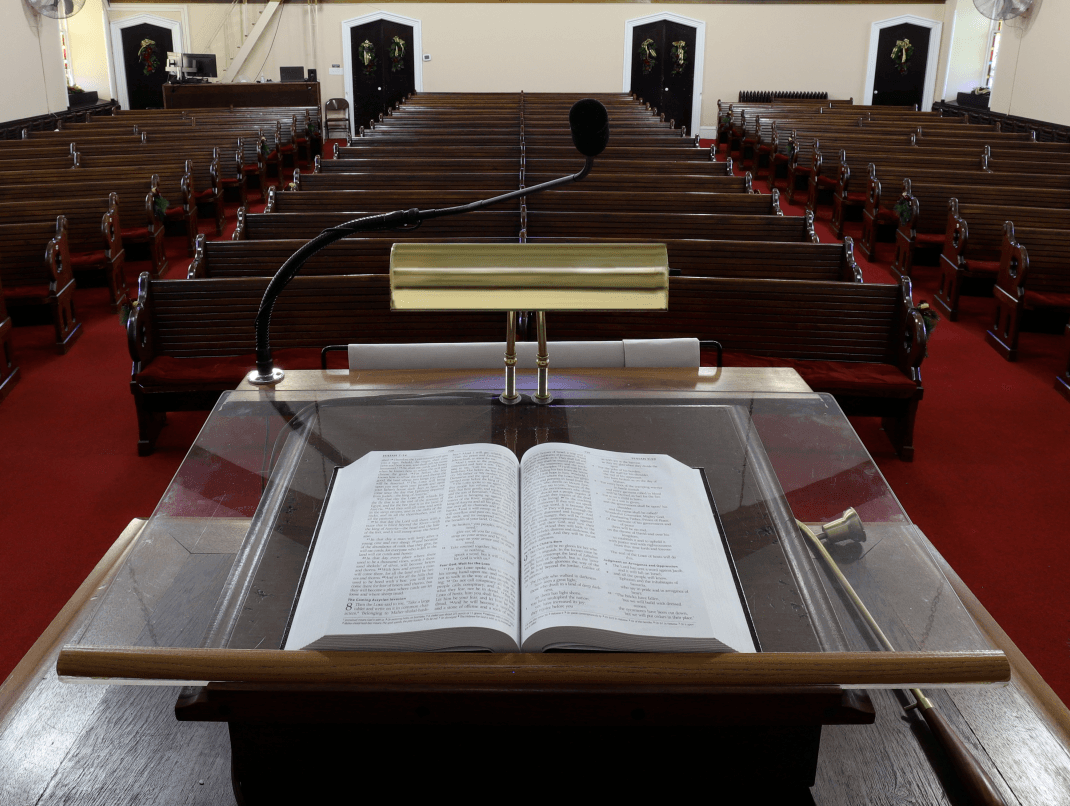Reformation Sunday
The Obedience of a Christian Man

On Reformation Sunday, we learned about the life and legacy of William Tyndale, the great English Reformer. As a companion to that sermon, and as a follow-up to my article last month, I want to provide for you a sample of Tyndale’s writing. The following is a selection of excerpts from the preface to Tyndale’s book The Obedience of a Christian Man, published in 1528. In this preface, called the “Epistle to the Reader,” Tyndale sets forth his case for why the Scriptures ought to be translated into English. He makes several arguments and gives answers to objections. Here are three of my favorite excerpts, with modern spelling and the language slightly updated.
“First, God gave the children of Israel a law by the hand of Moses in their native tongue; and all the prophets wrote in their native tongue, and all the psalms were in their native tongue. And there Christ was figured, and described in ceremonies, riddles, and parables, and in dark prophecies. Why may we not have the Old Testament along with the New, which is the light of the Old, and in which is openly declared before the eyes, what was darkly prophesied in the Old? I can imagine no cause, truly, except that it is to keep us from seeing the work of Antichrist and the juggling of hypocrites. What cause should there be that we, who walk in the broad day, should not see as well as those who walked in the night; or that we should not see as well at noon, as they did in twilight? Did Christ come to make the world more blind? By this means Christ is made the darkness of the world, and not the light as he himself says he is.”
“‘If the Scripture were in the native tongue,’ they might say, ‘then the lay-people would understand it, every man in his own way.’ What end does the curate [pastor] serve, but to teach him the right way? Is this not why the holy days were made, so that the people may come and learn? I say, are you not then abominable schoolmasters, in taking such great wages, if you will not teach? If you would teach, how could you do it so well, and with so great a profit, as when the lay people have the Scripture before them in their native tongue? For then they would see, by the order of the text, whether you juggle them or not. And then they would believe it, because it is the Scripture of God, no matter how abominable your living may be.”
“There is such a great diversity of spirits, how shall I know who lies, and who says the truth? By what shall I try and judge them? Truly, by God’s word, which alone is true. But how shall I do that when you will not let me see the Scripture? No, they say, the Scripture is so hard, that you could never understand it except by the doctors [theologians]. That is, I must measure the yardstick by the cloth. Here are twenty cloths of diverse lengths and of various breadths: how shall I be sure of the length of the yardstick by them? I suppose, rather, I must be first sure of the length of the yardstick, and thereby measure and judge the cloths. If I must first believe the doctor, then the doctor is true first, and the truth of the Scripture depends on his truth; and so the truth of God springs from the truth of man. Thus Antichrist turns the roots of the trees upward.”
Grace and peace,
Pastor Wesley
The Pastor's Pen





